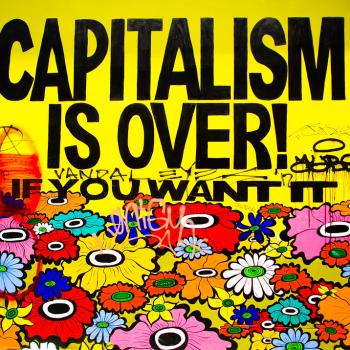Sebastian Mallaby, writing in “The Washington Post,” argues that, contrary to much of the rhetoric, deregulation was not to blame for the financial meltdown. Excerpt:
The key financiers in this game were not the mortgage lenders, the ratings agencies or the investment banks that created those now infamous mortgage securities. In different ways, these players were all peddling financial snake oil, but as Columbia University’s Charles Calomiris observes, there will always be snake-oil salesmen. Rather, the key financiers were the ones who bought the toxic mortgage products. If they hadn’t been willing to buy snake oil, nobody would have been peddling it.
Who were the purchasers? They were by no means unregulated. U.S. investment banks, regulated by the Securities and Exchange Commission, bought piles of toxic waste. U.S. commercial banks, regulated by several agencies, including the Fed, also devoured large quantities. European banks, which faced a different and supposedly more up-to-date supervisory scheme, turn out to have been just as rash. By contrast, lightly regulated hedge funds resisted buying toxic waste for the most part — though they are now vulnerable to the broader credit crunch because they operate with borrowed money.











